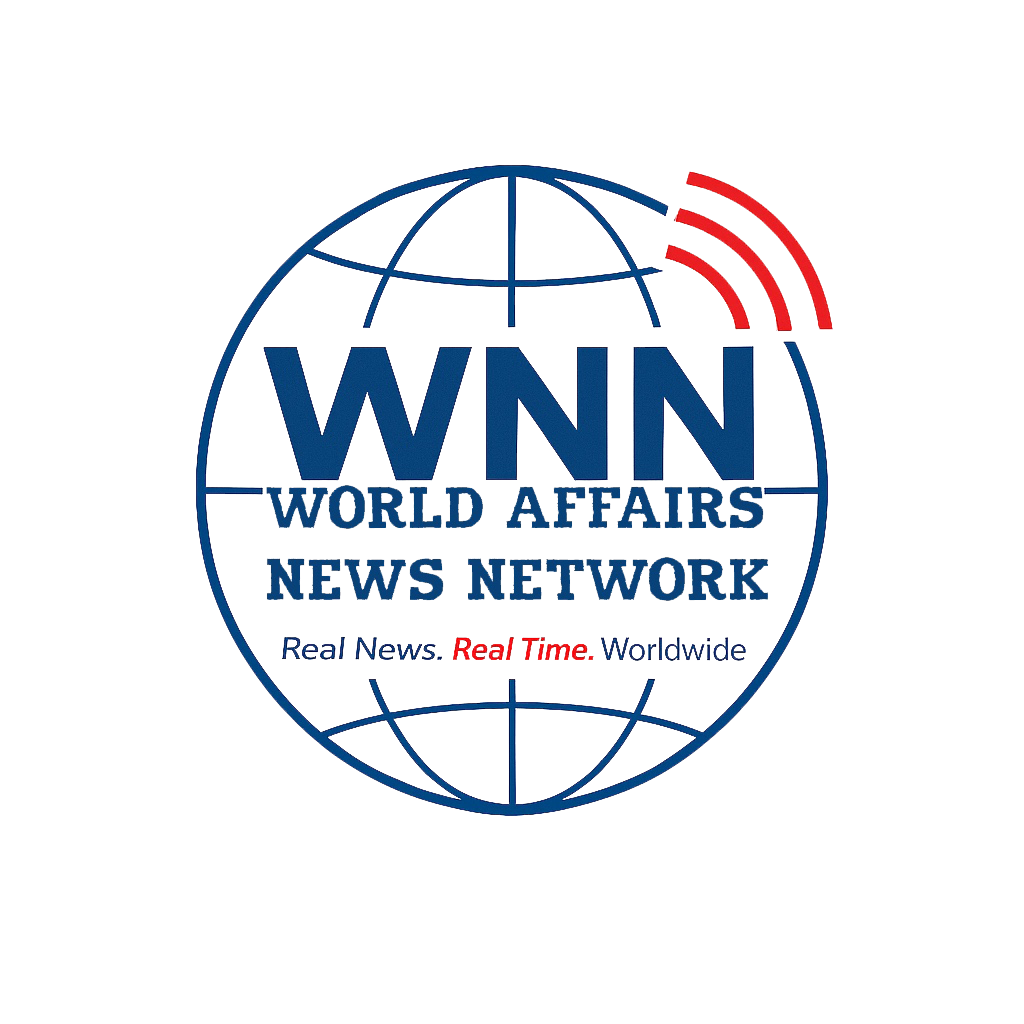RIYADH: Saudi Arabia witnessed a 7% decrease in net foreign direct investment (FDI) during the first quarter of 2025 compared to the previous quarter, according to official statistics released Sunday. This decline highlights ongoing challenges in meeting the kingdom’s ambitious FDI objectives.
Net FDI inflows for the three months ending March 31, 2025, totaled 22.2 billion riyals ($5.92 billion), down from 24 billion riyals ($6.40 billion) in the final quarter of 2024. Despite the quarterly dip, FDI showed robust year-on-year growth, rising 44% from the same period last year.
Attracting foreign investment is a cornerstone of Saudi Arabia’s Vision 2030 strategy, which seeks to diversify the economy beyond oil, strengthen the private sector, and generate employment opportunities. The government has set a target of securing $100 billion in FDI by 2030, underpinned by substantial investments in large-scale “giga projects” and the expansion of industries such as sports, tourism, and entertainment.
Nevertheless, current FDI levels remain well below the kingdom’s long-term aspirations. Analysts note that Saudi Arabia is often viewed as a capital exporter rather than a magnet for foreign investment, with international investors citing regulatory complexity and difficulties navigating the local business environment as persistent obstacles.
The country is expected to face a fiscal deficit of approximately $27 billion this year, primarily managed through borrowing. Saudi Arabia led emerging markets in dollar-denominated debt issuance last year, yet the International Monetary Fund asserts that its net debt—about 17% of GDP-remains among the lowest globally, providing significant fiscal flexibility.
To stimulate greater foreign investment, the Saudi government has introduced incentives and regulatory reforms. Since 2021, companies seeking state contracts have been required to establish regional headquarters within the kingdom. Authorities have also pledged to update investment regulations to enhance transparency and ensure equal treatment for both domestic and international investors.
– WNN Desk, Riyadh





















